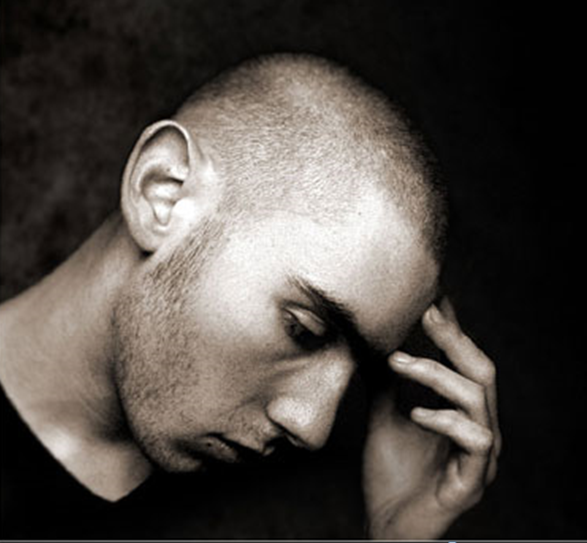The psychologist who suffered a disorder that caused him to write a 'bible' in a week
David Lukoff took an acid for the first time in his life. I was in San Francisco, countercultural epicenter. He had gotten there hitchhiking after leaving, at twenty-three, his doctoral studies at Harvard. It was 1971.
Four days later, upon awakening, he looked at himself in the mirror and saw that his right hand was in the classical position of mudra Buddhism. Just at that moment he felt that he was the reincarnation of Buddha. And also that of Jesus. What was going on in his head?
Writing the Bible
David was suffering from an undiagnosed disorder. And this prompted him to carry out a mission: write a new sacred book. For a week he worked tirelessly to conceive, in a state of rapture, as explained by Jules Evans in his book The art of losing control:
At the conclusion of his forty-seven-page revelation, he commissioned several copies and began distributing them from a corner of Berkeley. In the course of the next two months his Messianic certainty began to decline. He was still sure he had written the work of a genius, but as he read more and realized the scant originality of many of his ideas, his security also began to waver.
That sacred book emanates a hodgepodge of ideas borrowed from Buddha, Locke, Hobbes, Jung and even Bob Dylan. But given his academic training, David wanted to know what had worked wrong in his head to embark on such a strange adventure.
New diagnosis
Until that moment the disorder that most resembled what he had suffered is called "spiritual emergency", introduced by the transpersonal psychologists Stanislav and Christina Grof in 1978. David, however, wanted to go further. And, after pursuing a doctorate in psychology and treating various psychotic patients convinced also to be God or the Messiah, in 1989 he managed to include a new diagnosis in the Diagnostic and Statistical Manual of Mental Disorders (DSM), volume IV. The name of this new diagnosis was "religious or spiritual problem":
In this way, the transient spiritual psychosis, as he himself had experienced, was distinguished from the classic diagnosis of schizophrenia. A religious or spiritual problem was temporary, not a biological disorder of the brain, but could involve features of psychosis such as excessive growth of the ego, hypertrophied sense detection and behavioral disorders. It could also present positive aspects, such as greater sensitivity for meaning and motivation.
It is estimated that in Spain 19.5% of the population has had some type of mental disorder. Therefore, it is disturbing to think about the number of beliefs that have been born from diseased minds, as the neurologist David Eagleman explained in a book by Michio Kaku called The Future of Our Mind:
It seems that a good part of the prophets, martyrs and leaders of history suffered from epilepsy of the temporal lobe. Think of Joan of Arc, a sixteen-year-old girl who changed the course of the Hundred Years' War because she believed (and convinced the French soldiers of it) that she heard voices of the archangel Saint Michael, Saint Catherine of Alexandria, Saint Margaret and Saint Gabriel.

